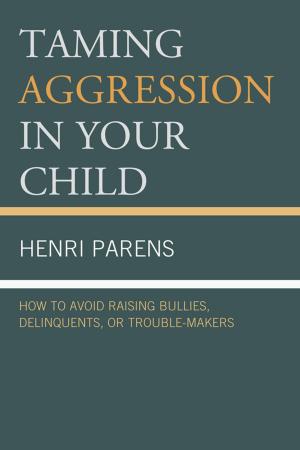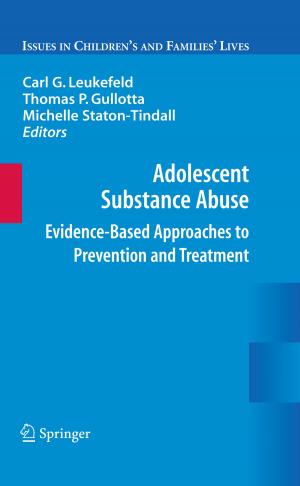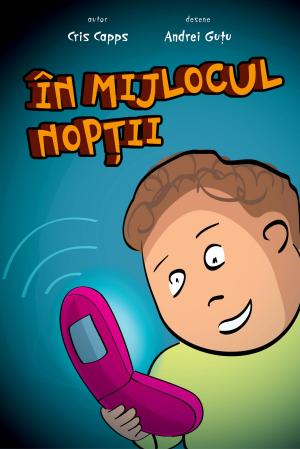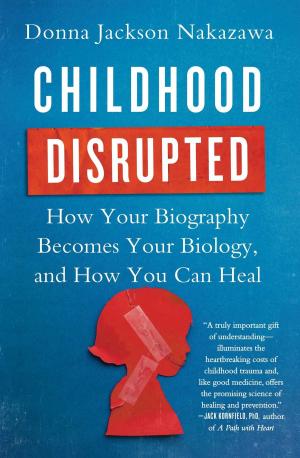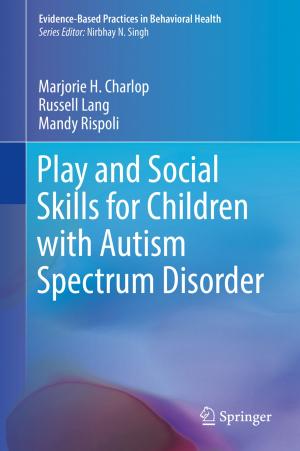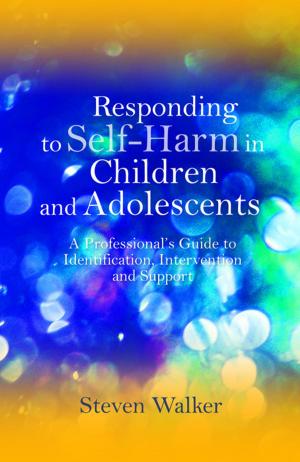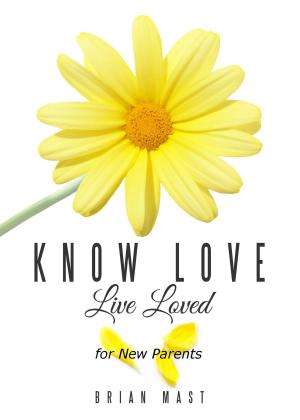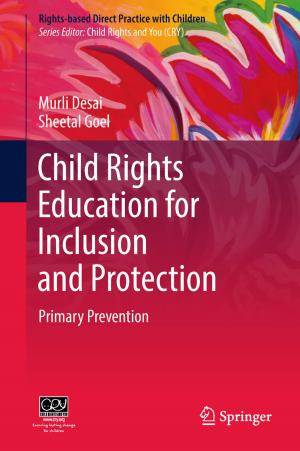Soul Returns to Preschool
A Children's Book for Adults
Nonfiction, Reference & Language, Education & Teaching, Preschool & Kindergarten, Health & Well Being, Psychology, Child & Adolescent, Child Development| Author: | Jennifer J Elam | ISBN: | 9780998131528 |
| Publisher: | Way Opens Press | Publication: | October 8, 2018 |
| Imprint: | Way Opens Press | Language: | English |
| Author: | Jennifer J Elam |
| ISBN: | 9780998131528 |
| Publisher: | Way Opens Press |
| Publication: | October 8, 2018 |
| Imprint: | Way Opens Press |
| Language: | English |
My work for my last 13 years as a psychology was in Early Intervention. In EI the children are three- to five-years-old. Many people say to me, “How could children so young require the services of a psychologist?” My response is, “If you knew how many children were being kicked out of preschool, you would be amazed and hopefully appalled” but that is a different book. In this one I want to describe my efforts toward an undivided life, integrating my professional and spiritual lives.
My faith requires of me: radical honesty, truth-telling, and a principled life. My employer required of me: relative pragmatic legalism. Those often conflict. I will share a bit about a case to illustrate.
I did a re-evaluation for Willard, a child in our autism support program. His teacher was concerned because he did not seem to be a child with autism. Since I was the psychologist covering that classroom, I did the re-evaluation. Not imagining that the parent would be unhappy about finding out their child did not have autism, I proceeded in the usual routine way. Suddenly mid-stream I learned that the parent had put in a complaint that the autism diagnosis was being removed. Nothing prepared me for the moment when I discovered a mother who was upset to find that her child did not have autism.
Then I discovered that this was not the first complaint the mother had made. In the child’s initial evaluation, he was found not to have autism, even though a developmental pediatrician had diagnosed him. But, unwilling to fight with a parent, my bosses had determined the best course of action was to give the child the diagnosis as a mediation concession.
My boss was not willing to fight with her because it would be very expensive and we would lose. I was not given a choice in the matter. Twice, a child was given the diagnosis of autism as a mediation concession.
I have been radically honest despite the risks; Willard and I lose to pragmatic legalism in education. I pray hard for that child and all the many children I have encountered in recent years whose parents need them to be sicker than they are. This is just one of many kinds of situation in which nothing in my experience or training had prepared me. In my initial years as a psychologist, the role of administrators was more supportive of children and psychologists; something changed along the years. Administrators whose first priority is not what is best for children but what is legally pragmatic was another set of situations I was not prepared for by training or experience.
In my depths, I know that our souls need to be seen; and we need to be heard. Only by listening deeply to the children can we hear their pain. Only by listening deeply can we know that their behavior is about their deepest needs not being met; at this age, it is not usually about defying the adults around them, as many teachers and parents believe. Most children cannot get that far. Most cannot get beyond the deep needs to be seen and heard for the people they are, to be affirmed and loved just as they are, despite the adult’s needs to “fix” them, to label them as sick, or to reject or abandon them.
This book represents a sampling of the results of that experiment with heart- and soul-centered practice. I now view heart-and soul-centered practice along with strength-based approaches as the hope for the future of our children and for the education systems that are now failing them.
My work for my last 13 years as a psychology was in Early Intervention. In EI the children are three- to five-years-old. Many people say to me, “How could children so young require the services of a psychologist?” My response is, “If you knew how many children were being kicked out of preschool, you would be amazed and hopefully appalled” but that is a different book. In this one I want to describe my efforts toward an undivided life, integrating my professional and spiritual lives.
My faith requires of me: radical honesty, truth-telling, and a principled life. My employer required of me: relative pragmatic legalism. Those often conflict. I will share a bit about a case to illustrate.
I did a re-evaluation for Willard, a child in our autism support program. His teacher was concerned because he did not seem to be a child with autism. Since I was the psychologist covering that classroom, I did the re-evaluation. Not imagining that the parent would be unhappy about finding out their child did not have autism, I proceeded in the usual routine way. Suddenly mid-stream I learned that the parent had put in a complaint that the autism diagnosis was being removed. Nothing prepared me for the moment when I discovered a mother who was upset to find that her child did not have autism.
Then I discovered that this was not the first complaint the mother had made. In the child’s initial evaluation, he was found not to have autism, even though a developmental pediatrician had diagnosed him. But, unwilling to fight with a parent, my bosses had determined the best course of action was to give the child the diagnosis as a mediation concession.
My boss was not willing to fight with her because it would be very expensive and we would lose. I was not given a choice in the matter. Twice, a child was given the diagnosis of autism as a mediation concession.
I have been radically honest despite the risks; Willard and I lose to pragmatic legalism in education. I pray hard for that child and all the many children I have encountered in recent years whose parents need them to be sicker than they are. This is just one of many kinds of situation in which nothing in my experience or training had prepared me. In my initial years as a psychologist, the role of administrators was more supportive of children and psychologists; something changed along the years. Administrators whose first priority is not what is best for children but what is legally pragmatic was another set of situations I was not prepared for by training or experience.
In my depths, I know that our souls need to be seen; and we need to be heard. Only by listening deeply to the children can we hear their pain. Only by listening deeply can we know that their behavior is about their deepest needs not being met; at this age, it is not usually about defying the adults around them, as many teachers and parents believe. Most children cannot get that far. Most cannot get beyond the deep needs to be seen and heard for the people they are, to be affirmed and loved just as they are, despite the adult’s needs to “fix” them, to label them as sick, or to reject or abandon them.
This book represents a sampling of the results of that experiment with heart- and soul-centered practice. I now view heart-and soul-centered practice along with strength-based approaches as the hope for the future of our children and for the education systems that are now failing them.

